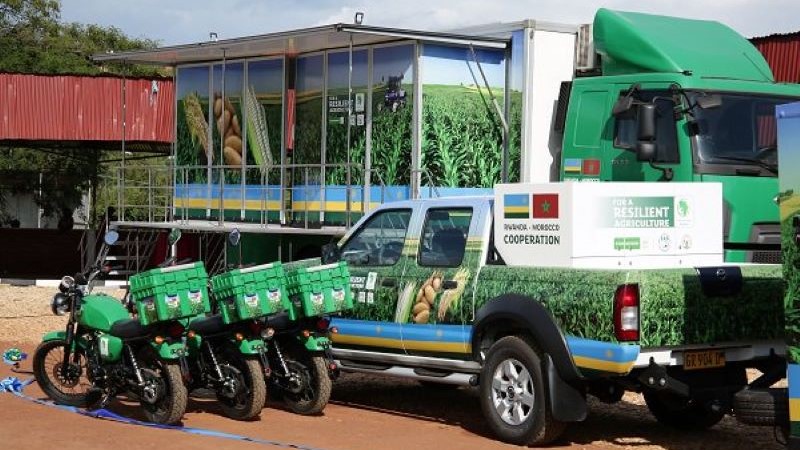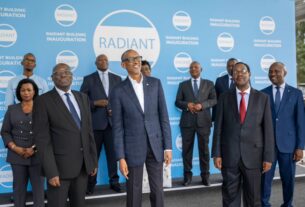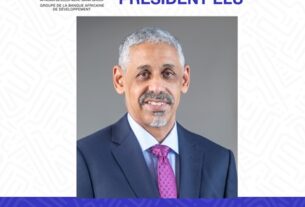Rwanda’s 2025/26 national budget is undergoing key shifts in funding priorities, following Senate recommendations that emphasize agriculture, private sector development, and youth employment as central to accelerating the country’s socio-economic transformation.
On June 16, 2025, the Senate adopted a series of budget recommendations that were reflected in the revised budget bill presented by the Ministry of Finance.
The adjustments came in response to concerns raised by lawmakers about the original allocations under the Budget Framework Paper (BFP) that was submitted to Parliament on May 8, 2025 by Yusuf Murangwa, the Minister of Finance and Economic Planning.
Although the total budget for the 2025/26 fiscal year remains at over Rwf7 trillion, the same figure presented earlier in both the framework paper and budget bill, internal reallocations have been made to better align spending with national priorities under the second phase of the National Strategy for Transformation (NST2), which covers 2024/25 to 2028/29.
This new fiscal package reflects a 21 percent increase, equivalent to Rwf1.2 trillion, over the current year’s budget of Rwf5.8 trillion. The rise in expenditure aims to fast-track economic growth, improve livelihoods, and reinforce national resilience through focused investments.
A significant change includes a Rwf14 billion boost in agriculture funding, raising the sector’s allocation from Rwf222 billion to Rwf236 billion.
This increase follows recommendations by the Senate Committee on Economic Development and Finance, chaired by Senator Fulgence Nsengiyumva.
He emphasized that the move would support Rwanda’s goal of achieving over 6 percent annual growth in agricultural output and increasing productivity in key food crops by 50 percent.
“Agriculture is a backbone of our economy, and this funding is crucial to secure food self-sufficiency, improve exports, and meet NST2 targets,” Nsengiyumva noted.
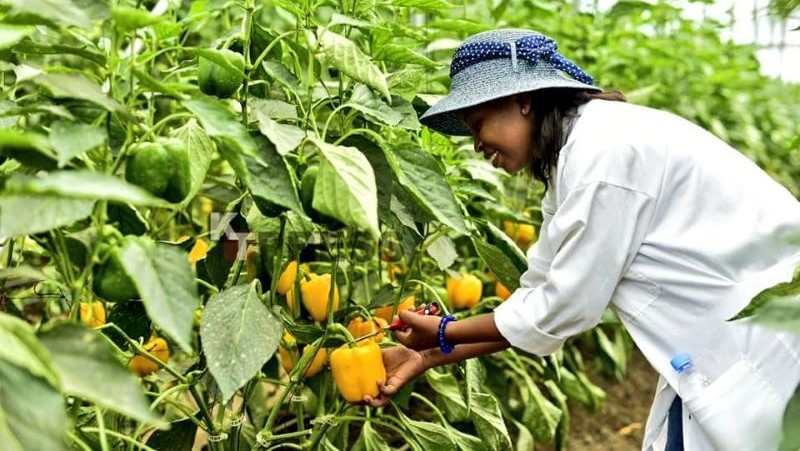
Energy also received slight upward adjustments, with the allocation rising by Rwf2.1 billion, from Rwf201.9 billion to Rwf204 billion.
Private sector development and youth employment emerged as another top priority, receiving a substantial increase of Rwf32 billion. This brings the total allocation for these initiatives to Rwf164 billion, up from Rwf132 billion.
According to Nsengiyumva, this investment is expected to stimulate entrepreneurship, reduce imports by boosting local production, and expand employment opportunities for young people.
“The private sector remains a key driver of growth. Supporting it directly contributes to economic independence and inclusive development,” he said.
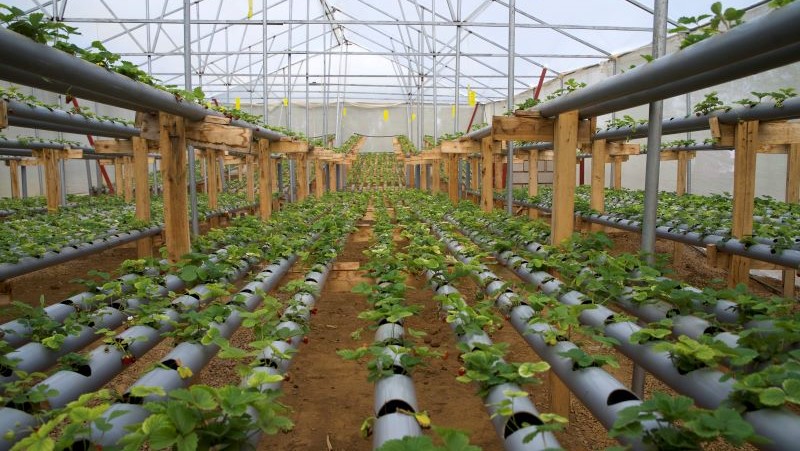
In a nod to Rwanda’s efforts to preserve memory and honor history, the Senate successfully advocated for funds to enhance Genocide remembrance.
A total of Rwf250 million was earmarked specifically for the construction of the Mukarange Genocide Memorial in Kayonza District, marking a continued commitment to memorialization of the 1994 Genocide against the Tutsi.
Another area of revision relates to parliamentary diplomacy. The budget bill now includes more than Rwf650 million to strengthen international relations and legislative partnerships, Rwf322 million allocated for the Senate and Rwf336 million for the Chamber of Deputies.
“We now have the means to engage in parliamentary diplomacy effectively. The funding is not only welcome, it is necessary, and we trust it will bring measurable results,” said Senator Pélagie Uwera.
She further emphasized that the revised budget is aligned with key government objectives aimed at promoting economic development, enhancing citizen welfare, and upholding governance values.
As Rwanda looks ahead to another fiscal year of transformation, the Senate’s influence in redirecting funds towards agriculture, youth, and national memory affirms the country’s determination to build a resilient, inclusive, and forward-looking economy.
